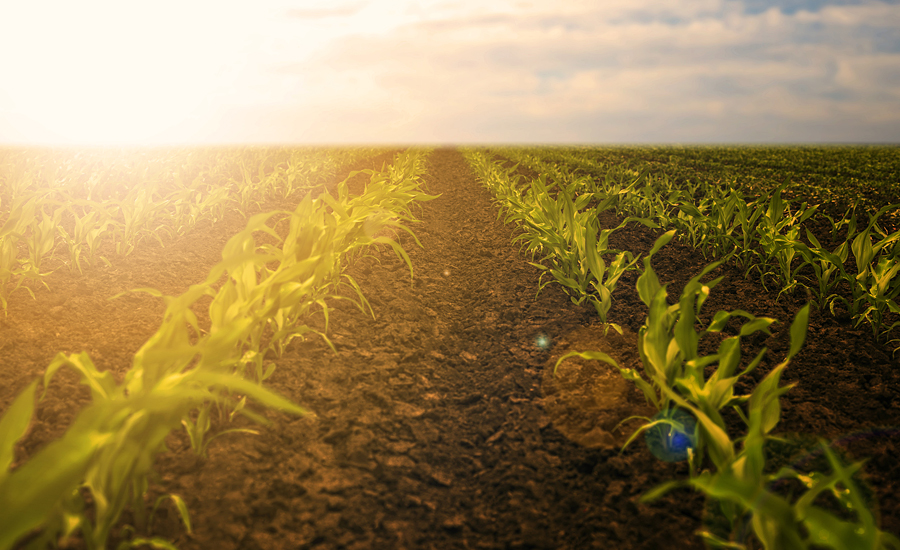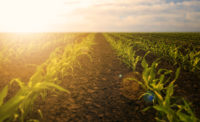The Innovation Fund, a program of The Kroger Co. Zero Hunger | Zero Waste Foundation, Cincinnati, named its inaugural cohort of innovators, selected from nearly 400 applicants.
"Kroger's bold social impact plan, Zero Hunger | Zero Waste, sets out to end hunger in our communities and eliminate waste across the company by 2025. We know we can't accomplish this ambitious goal alone, so we supported the development of The Kroger Co. Zero Hunger | Zero Waste Foundation, a public charity established to work with social enterprises, corporations and non-profits that are committed to creating communities free of hunger and waste," says Jessica Adelman, president of The Kroger Co. Zero Hunger | Zero Waste Foundation. "The foundation's innovation fund was designed to bring like-minded organizations together as philanthropic disrupters, setting a new course on how to partner and change the world. The foundation's first cohort of innovators were individually selected due to their big ideas, shared vision and collaborative spirit in achieving a world with Zero Hunger | Zero Waste."
The Kroger Co. Zero Hunger | Zero Waste Foundation board of directors, with support from the foundation's advisory council, represented by subject matter experts and thought leaders from 84.51°, Kroger’s data analytics and marketing company, as well as Feeding America, Chicago; Foundation for Food and Agriculture Research, Washington, D.C.; ReFED; Seed 2 Growth Ventures, Chicago; and World Wildlife Fund, Switzerland; evaluated the proposals and identified the Top 7 opportunities to advance the foundation's mission to create zero hunger and zero waste communities.
Key criteria included alignment with the Zero Hunger | Zero Waste mission, potential for positive impact in U.S. communities, ease of implementation, geography, measurability and scalability.
Some of the Top 7 inaugural cohort are:
- Food Forest, Cincinnati, uses technology to source products through multiple channels, maximizing fulfillment efficiencies and minimizing the carbon footprint of delivery logistics. The Food Forest app uses dynamic pricing and recommendations to offer incentives to customers and mitigate wasteful behavior. It also provides pop-up grocery pickup points to low-access, high-need neighborhoods.
- Imperfect is a San Francisco-based online grocer that sources imperfect produce and surplus food like grains, nuts, oil, bread, milk and cheese directly from farmers, growers and food purveyors and delivers these goods directly to customers' doors through a customizable subscription service.
- mobius, Knoxville, Tenn., converts industrial organic waste streams from food, forestry and agriculture into renewable chemicals and materials. Its first products are biodegradable plastics and polymers created from industrial organic waste, with applications focused in agriculture, horticulture and foodservice packaging.
- Replate, Berkeley, Calif., creates technology to redistribute surplus food from businesses and events directly to non-profits in need. Leveraging the gig economy, it creates jobs while providing a simple platform for businesses and caterers to reduce their waste while supporting members of their community.
- Seal the Seasons, Chapel Hill, N.C., increases access to local food by reducing on-farm food waste and providing family farms with a reliable income stream by selling locally- and regionally-grown frozen fruits and vegetables year-round. It partners with local family farms on a state-by-state basis to source local produce while in season, freeze it within 24 hours of picking and sell to local grocers in the grower's home region.
- Winnow, Iowa City, Iowa, builds artificial intelligence tools to help chefs measure food waste and provide stakeholders with transparent, measurable and actionable data. The data communicates food waste reduction opportunities and details where food is being lost—whether as a result of customer food preferences, preparation, storage or over-production issues.
The inaugural cohort will use the non-dilutive funding provided by the foundation to implement projects over the next 12 months in cities across America.
"We're excited to see our inaugural cohort work toward meaningful and measurable solutions to prevent, recover and recycle food waste, with the possibility of reducing food waste by up to 7.2 million pounds," adds Adelman.


